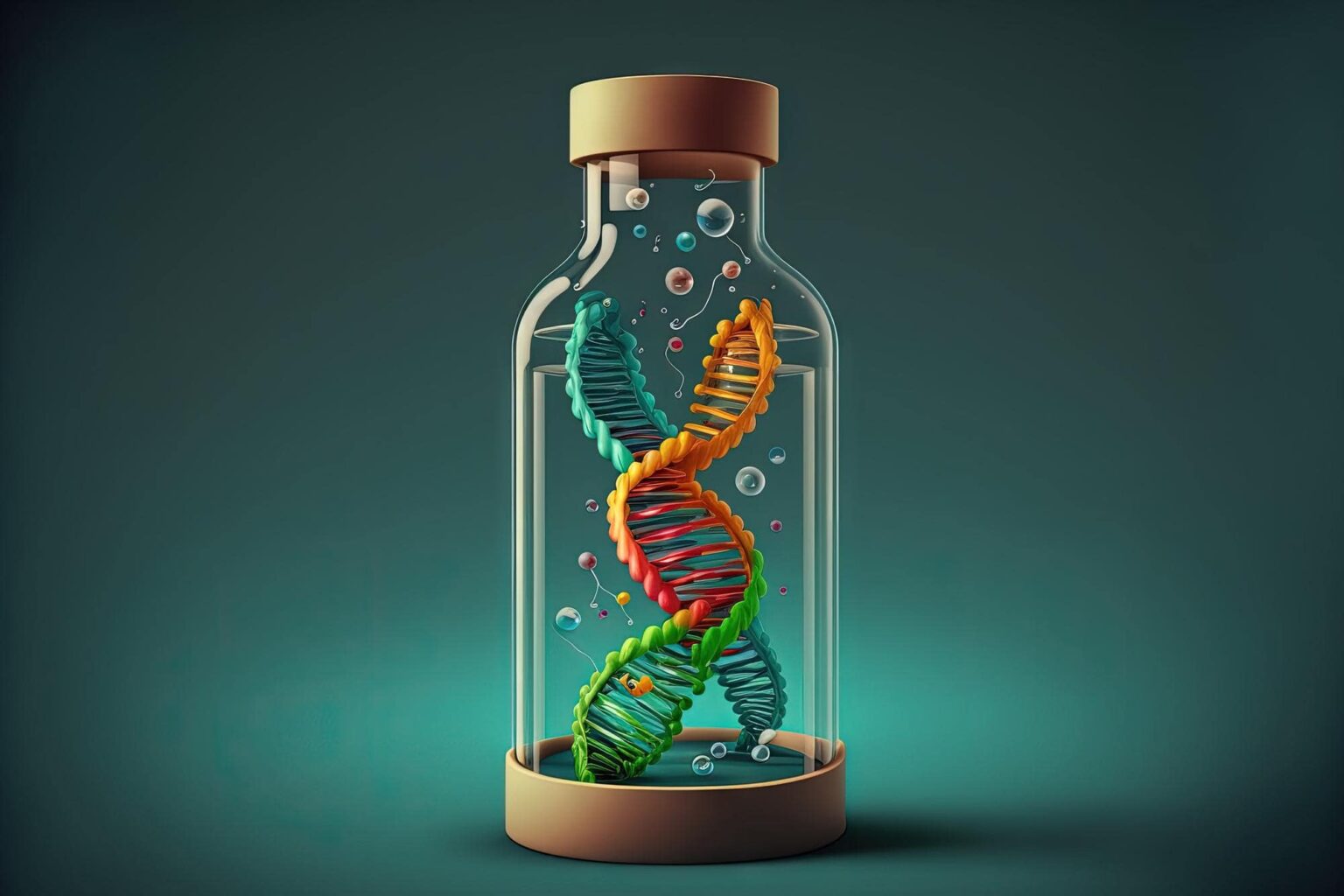The future of biotechnology holds great promise in driving medical breakthroughs and transforming healthcare. Here are some innovations that are expected to shape the field:
- Gene Editing: Technologies like CRISPR-Cas9 have revolutionized gene editing, allowing scientists to precisely modify DNA sequences. This has enormous potential for treating genetic disorders, creating personalized medicine, and even preventing certain diseases before birth.
- Synthetic Biology: Synthetic biology involves designing and constructing new biological parts, devices, and systems or reengineering existing ones. It enables the creation of novel biological functions and organisms that can be used for various applications, including drug development, biofuel production, and environmental cleanup.
- Personalized Medicine: Advances in genomics, proteomics, and other omics technologies are facilitating personalized medicine. By analyzing an individual’s genetic makeup and molecular profile, healthcare practitioners can tailor treatments to a patient’s specific needs, improving efficacy and minimizing side effects.
- Immunotherapy: Immunotherapy harnesses the power of the immune system to combat diseases like cancer. Approaches such as immune checkpoint inhibitors, CAR-T cell therapy, and therapeutic vaccines are increasingly used to boost the body’s natural defenses and target cancer cells more effectively.
- Regenerative Medicine: Regenerative medicine aims to restore or replace damaged tissues and organs. Stem cell therapies, tissue engineering, and 3D printing of organs hold promise for repairing or replacing damaged body parts, offering new solutions for conditions that were previously untreatable.
- Microbiome Research: The human microbiome, composed of trillions of microorganisms that inhabit our bodies, is increasingly recognized as a crucial factor in health and disease. Understanding the interactions between the microbiome and various diseases can lead to new treatments and therapies targeting these microbial communities.
- Artificial Intelligence (AI) and Machine Learning: AI and machine learning have the potential to revolutionize biotechnology by analyzing vast amounts of data, identifying patterns, and accelerating drug discovery and development processes. AI algorithms can assist in predicting drug efficacy, designing new molecules, and optimizing clinical trials.
- Nanotechnology: Nanotechnology involves manipulating matter on a nanoscale to develop new materials and devices. In medicine, nanotechnology offers targeted drug delivery systems, nanosensors for diagnostics, and nanomaterials for tissue engineering, enabling more precise and effective treatments.
- Bioinformatics: Bioinformatics combines biology, computer science, and statistics to analyze and interpret biological data. It plays a vital role in genomics, proteomics, and other ‘omics’ fields by managing and analyzing large datasets, identifying potential drug targets, and predicting the impact of genetic variations.
- Wearable Devices and Sensors: The integration of biotechnology with wearable devices and sensors allows for real-time monitoring of health parameters, early disease detection, and personalized healthcare management. These technologies enable individuals to take proactive steps toward maintaining their well-being.
These innovations, among others, are expected to drive significant medical breakthroughs in the future, improving the understanding, prevention, diagnosis, and treatment of diseases and ultimately enhancing human health and well-being.



